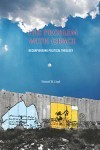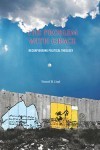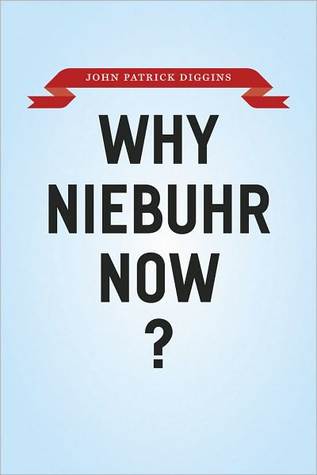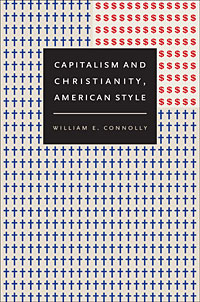
The book began with my conviction that the theology and philosophy of the early modern period is especially important for understanding Christian ethics today. It’s needed for us to figure out “how we got to where we are in our thinking,” as Nick Wolterstorff once put it. It is thus a hinge point on which subsequent church history turns. This is especially the case because it was in this period that there first emerged the plurality of moral languages that we now call pluralism, but which was originally a collection of writers (mostly Christian) casting about for a way to best express questions that had become pressing in their time.

In “A Public Faith” I offer a sketch of an alternative to totalitarian saturation of public life with a single religion as well as to secular exclusion of all religions from public life. I write as a Christian theologian to followers of Christ. I am not writing as a generic religious person to adherents of all religions, a project that would fail from the start. To stay with the example of Qutb, it is a task of Muslim scholars to elaborate distinctly Islamic alternatives to Qutb. My task is to offer a vision of the role of the followers of Jesus Christ in public life, a role that stays clear of the dangers of both “exclusion” and “saturation.”

First, I want to take social practices and norms as foundational. They do not come from anywhere else, not from people or institutions or God. It is practices and norms all the way down, as it were. Second, I want to present practices and norms as always in conflict. Norms are derived from practices, but they always misrepresent practices; practices are pulled towards norms.

Locating a middle requires, first, the critique of ideology, which determines the options that appear before us. But the critique of ideology requires an attentiveness to tradition, and to social practices and norms. The “Continental” side talks a lot about ideology critique, but rarely does more than gesture towards those social realities.

In his final book, Why Niebuhr Now?, the late John Patrick Diggins exposes what he claims are false appropriations of Niebuhr and offers in their place Niebuhr’s critique of power. It is this insight, says Diggins, that is especially needed today. This is a significant argument, one worth discussing. And so we asked two scholars, Elliot Ratzman and Ron Stone, to help us launch the conversation.
